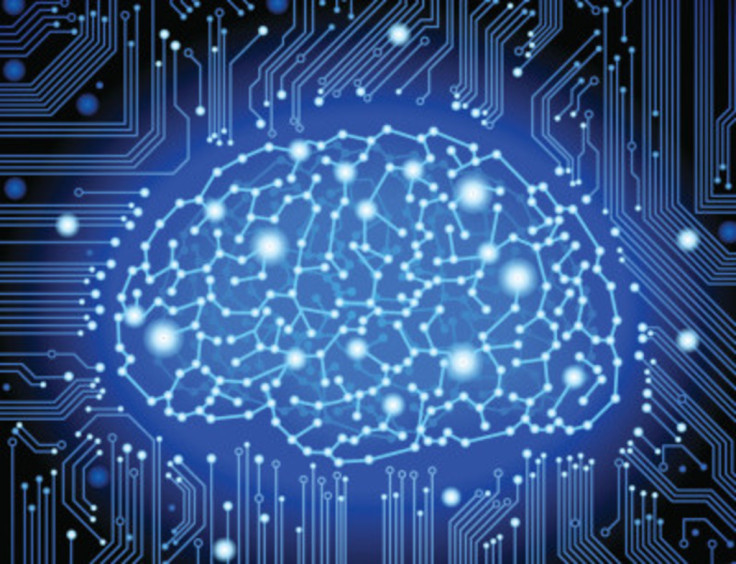Artificial intelligence detects the spread of cancer better than a real doctor
Computer algorithms have the potential to improve the accuracy and efficiency of pathologists.

Computer algorithms are able to detect the spread of breast cancer in women as well, or more effectively, than a real doctor, according to the results of a new study published in the Journal of the American Medical Association (JAMA).
In recent years, the digital imaging of tissue sample slides for pathology has become possible due to technological advances, opening up new avenues for the use of artificial intelligence when diagnosing diseases.
The technology has the potential to improve the accuracy and efficiency of pathologists, which could help save lives in the long term.
"Artificial intelligence is a methodology where a computer actually learns like a human might learn and it has some fundamental requirements," said Jeffrey Golden, a pathologist at the Brigham and Women's Hospital in Boston, who wrote about the new study in an article published in the latest issue of JAMA.
"One of those requirements is to have very large datasets to learn from and healthcare is ideal for that because we have classic, what is called, 'Big Data'."
The latest study grew out of an international competition to produce a computer algorithm that detects the spread of breast cancer by analysing tissue slides of so-called 'sentinel lymph nodes' – defined as the first lymph nodes to which cancer cells are most likely to spread from a primary tumour.
Lymph nodes are small, round organs that are part of the body's lymphatic system – the tissues and organs that produce, store and carry white blood cells, which fight infections and other diseases.
For the study, researchers from the Radboud University Medical Center in Nijmegen, the Netherlands, compared the accuracy of algorithms and pathologists when diagnosing the spread of cancer.
They found that the AI was more effective in an exercise that mimicked the normal amount of time taken to diagnose a given condition. The algorithms were also found to be as good as an expert pathologist when interpreting images without any time constraints.
Golden says pathologists should embrace the new technology, but suggests it will take time before artificial intelligence is routinely used to analyse tissue samples.
"There's going to need to be a belief in artificial intelligence that it is doing what it says it can do," he said. "The pathologists are going to have to be comfortable that when an algorithm screens a sentinel lymph node it is going to detect, or not detect, a cancer that is there. They're going to need to trust artificial intelligence for it to be adopted."




















